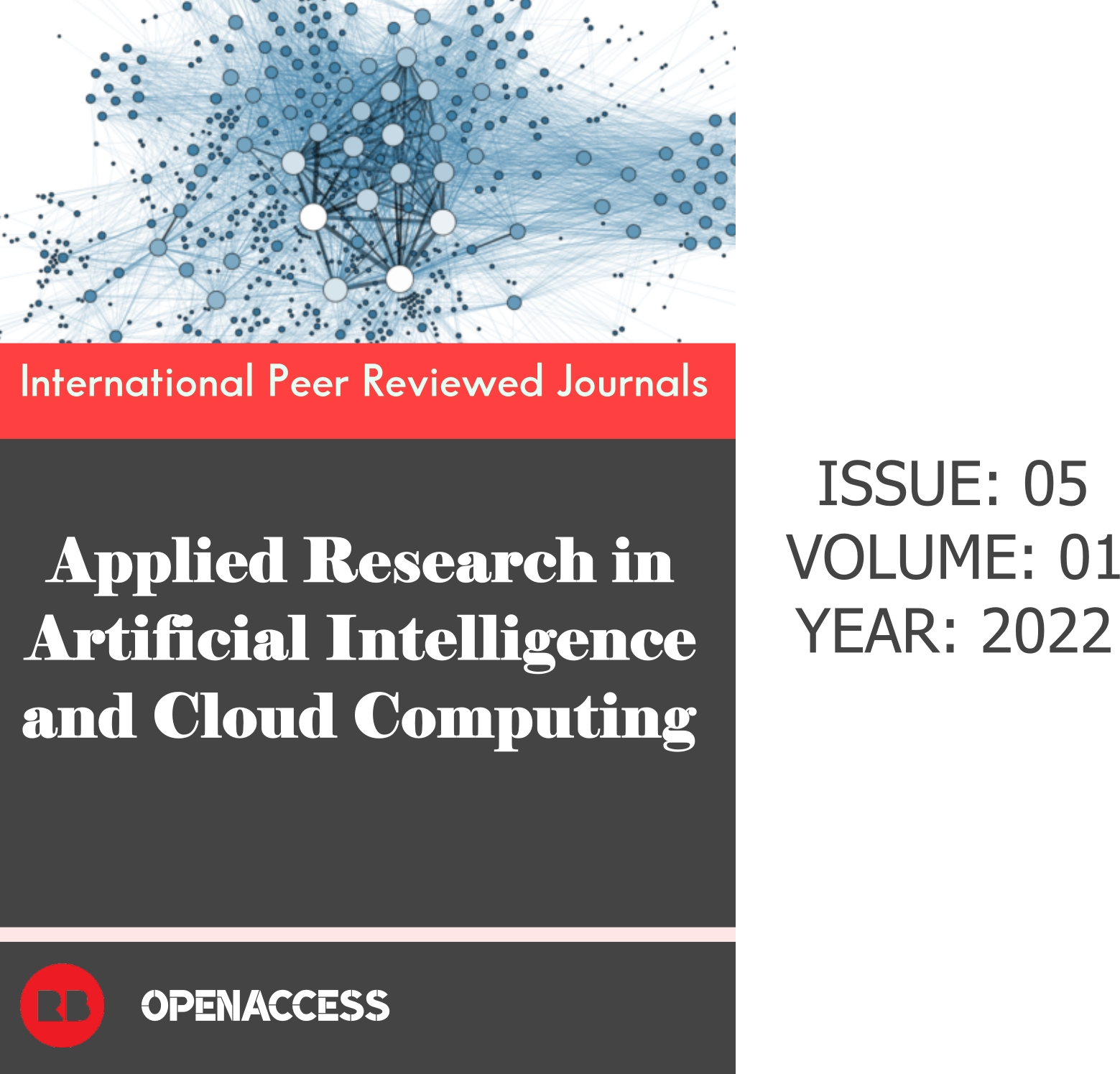Smart Cities and FDI
Keywords:
AI, FDI, IoT, Sensors, Smart cityAbstract
Smart cities have emerged as a worldwide trend, progressing from the implementation of sensors and technologies to enhance infrastructures and service delivery to the development of city-wide policy through the utilization of big data analysis. The goal of a "Smart City" is to improve standard of life by acquiring knowledge from information gathered from people, technologies, and networked sensors. This research argues that smart cities may attract inflows Foreign Direct Investment FDI by influencing the investment choices of global corporate players in the new age by facilitating the flow of data, technology, innovations, and best practices while offering a livable and productive environment. When deciding where to invest, foreign investors will take new criteria into account. These factors include how sociable the environment is, how stable the economic condition is, and how digitally advanced the destination is. These variables will outweigh conventional investment considerations like inexpensive labor, abundant resources, and a large population. For developing nations and rising economies where businesses need capital and knowledge to increase their worldwide sales, foreign direct investment is crucial. To maintain high growth rates the countries should attract international investors, and, most importantly, provide its citizens with a good standard of living, and therefore, should speed up its investments in sustainable smart cities.

Downloads
Published
How to Cite
Issue
Section
License
Copyright (c) 2022 ResearchBerg

This work is licensed under a Creative Commons Attribution-NonCommercial-NoDerivatives 4.0 International License.




